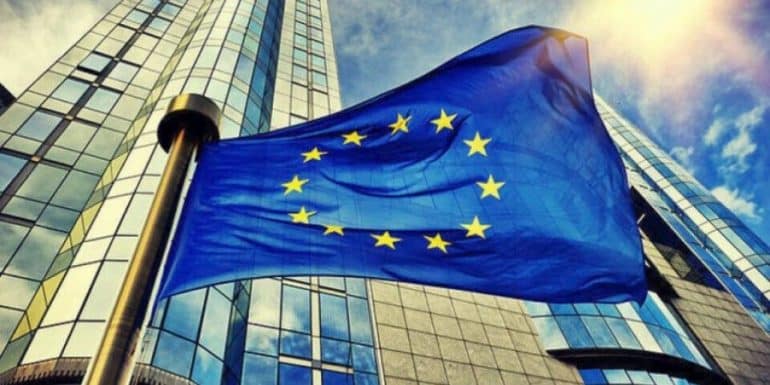EU health ministers endorsed Council conclusions on vaccination as one of the most effective tools to prevent disease and improve public health. They highlight that Member States could benefit from an even more coordinated EU approach to vaccination to prevent and limit the spread of epidemics and vaccine-preventable diseases. The conclusions focus on two areas of action: combating vaccine hesitancy and preparing for the upcoming challenges through EU cooperation.
Lessons from COVID-19
The conclusions highlight the need for lessons from the pandemic COVID-19 in order to better prepare for future public health crises. During the pandemic, the EU has seen the development of a number of solutions and tools that can be beneficial in the fight against vaccine-preventable diseases. Digitisation, with EU-wide data collection and sharing, as well as the establishment of the EU digital certificate for COVID and cooperation on the supply, purchase and distribution of vaccines at EU level have been important milestones for public health.
Her pandemic COVID-19 it also showed the magnitude and scope of the problems associated with vaccine hesitancy.
The danger of misinformation
Her pandemic COVID-19 showed the threats and challenges of misinformation to society. To address the resulting risks to human health, health systems and effective crisis management, the conclusions call for:
– the Commission to set up an expert forum on vaccination hesitancy
– the Commission to strengthen coordination between EU policies on vaccination and combating disinformation
– Member States and the Commission to develop training opportunities for health professionals to gain greater knowledge of techniques and tools to tackle vaccine misinformation
Strengthening EU cooperation
Regarding enhanced EU cooperation, the conclusions propose additional actions such as:
– exploring the added value and possibilities of overcoming legal and technical barriers to the interoperability of (sub)national vaccination information systems
– developing the exchange of information on possible surpluses and shortages of essential vaccines. This would allow possible resale or donation between member states
– taking advantage of the possibility for joint supply of vaccines
record
The pandemic has led to a number of important actions at EU level. One example is the creation of the Health Emergency Preparedness and Response Authority (HERA) to improve preparedness and response to serious cross-border threats in the field of medical countermeasures.
According to the World Health Organization (WHO), 3,5-5 million deaths are prevented annually thanks to vaccination. Many more cases of illness are avoided, thus reducing the burden on health systems.
However, vaccination coverage rates in many EU regions fall well below recommended levels. Infectious diseases can easily return under such conditions. An example of this is the measles epidemic that has broken out in recent years in a number of European countries.
The WHO has even ranked vaccine hesitancy among the 10 biggest threats to global health.
Source: ΑΠΕ-ΜΠΕ
